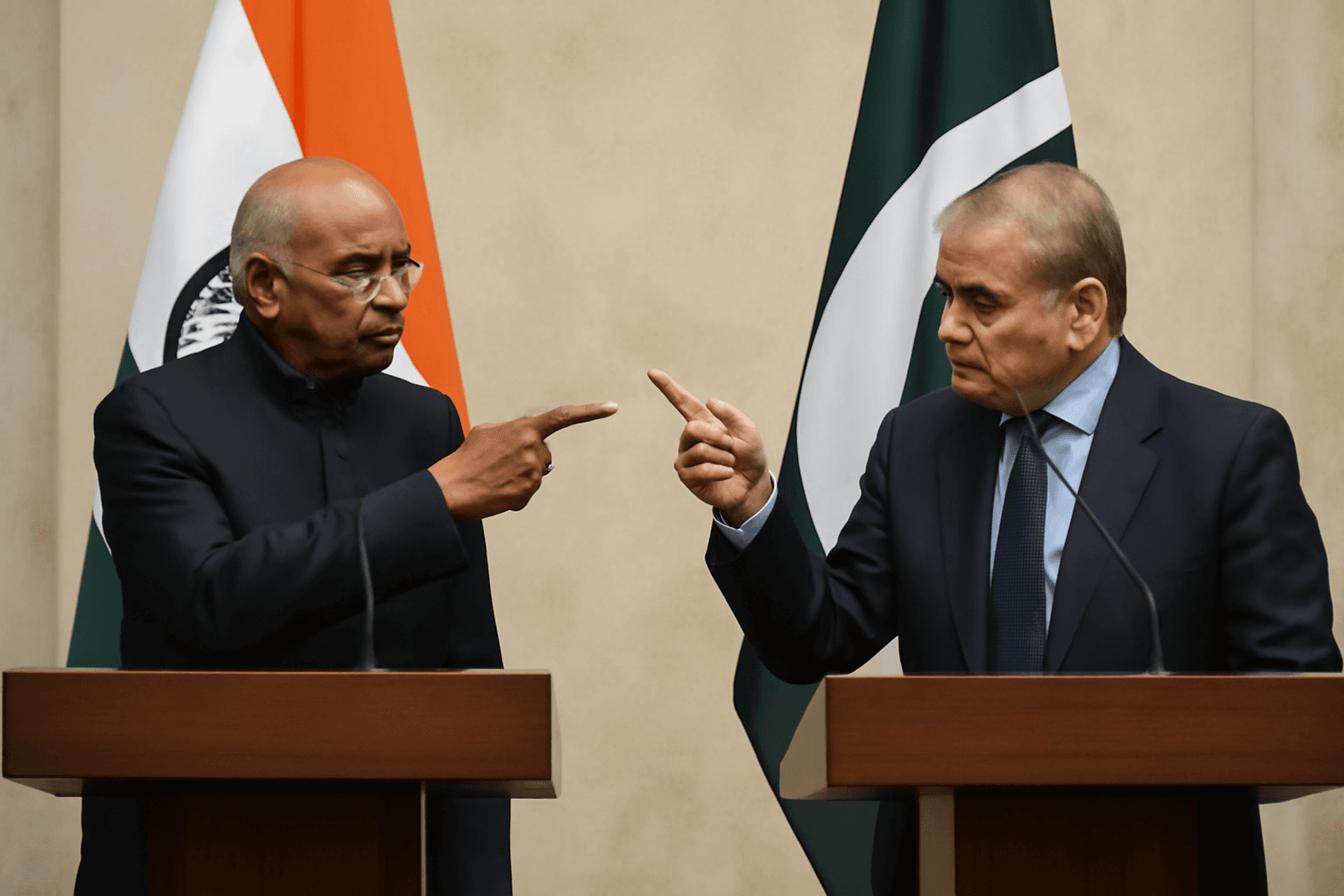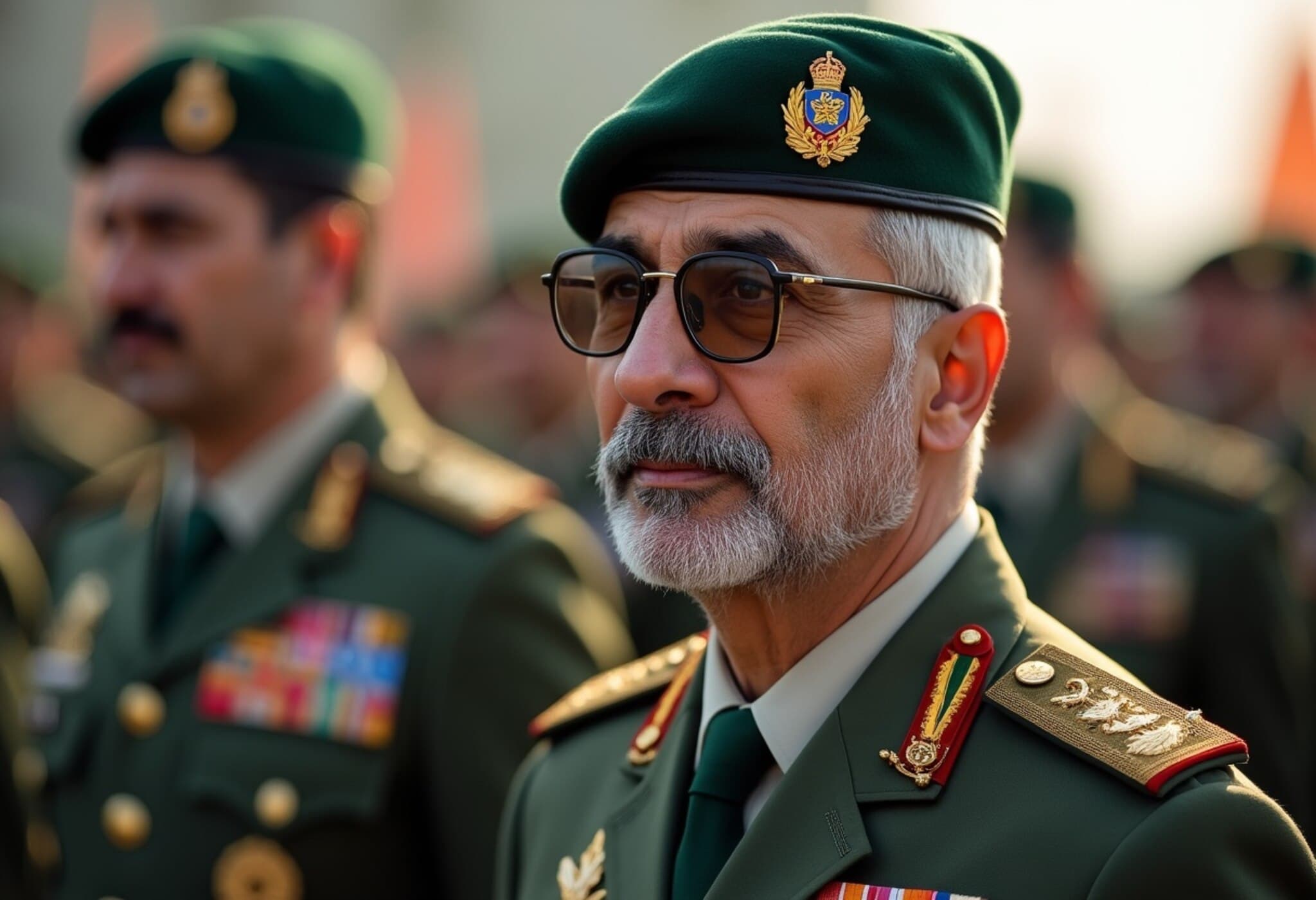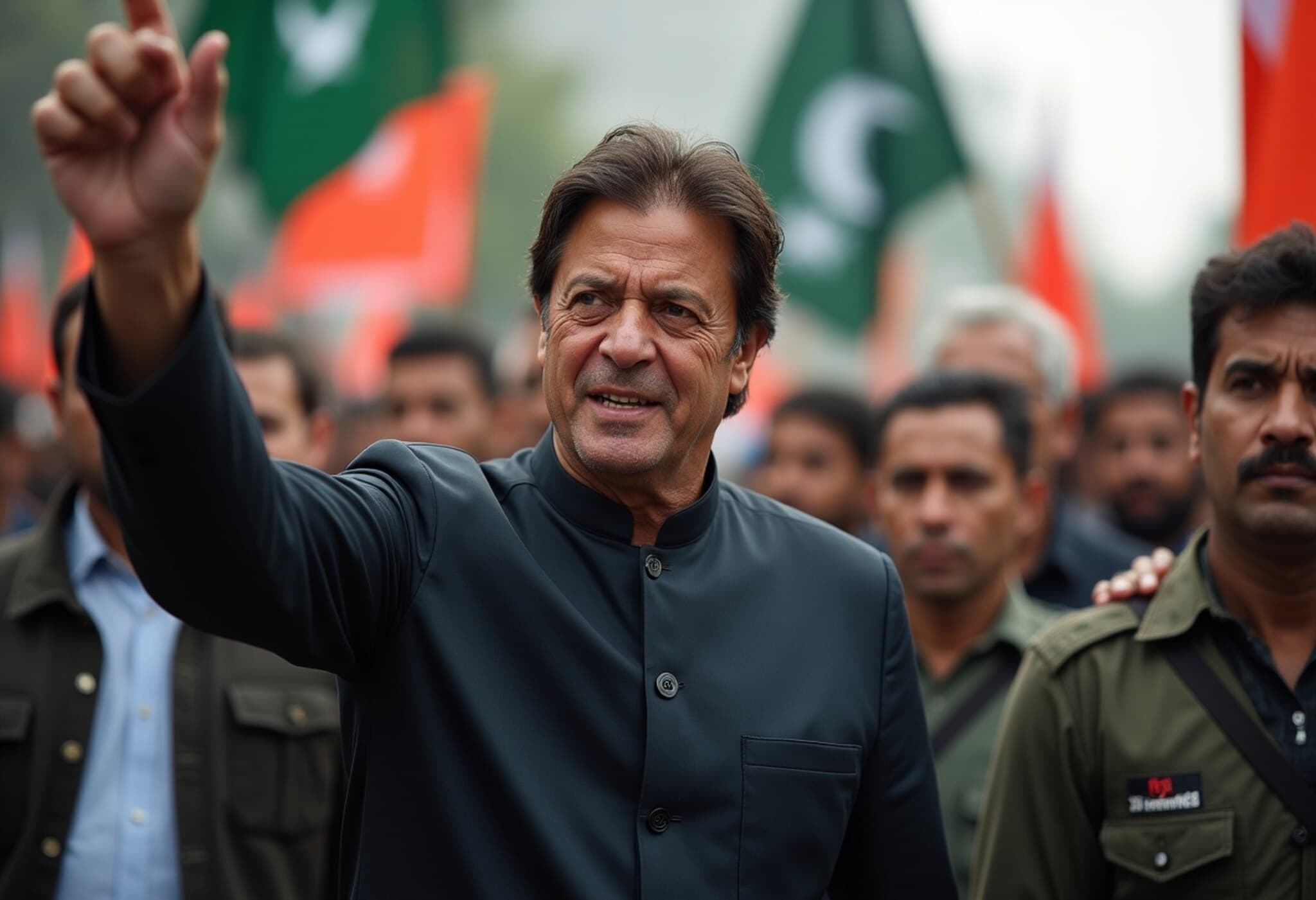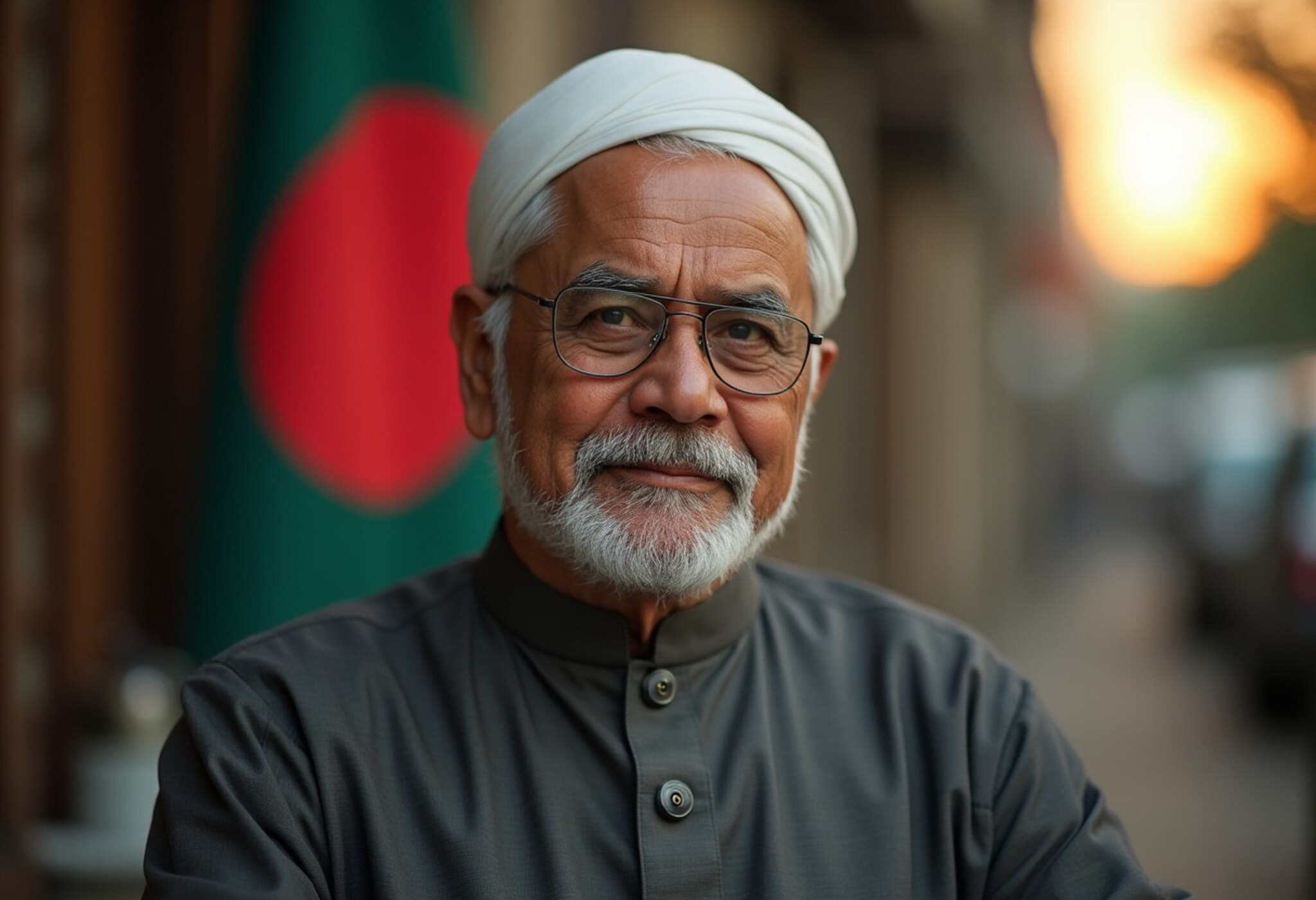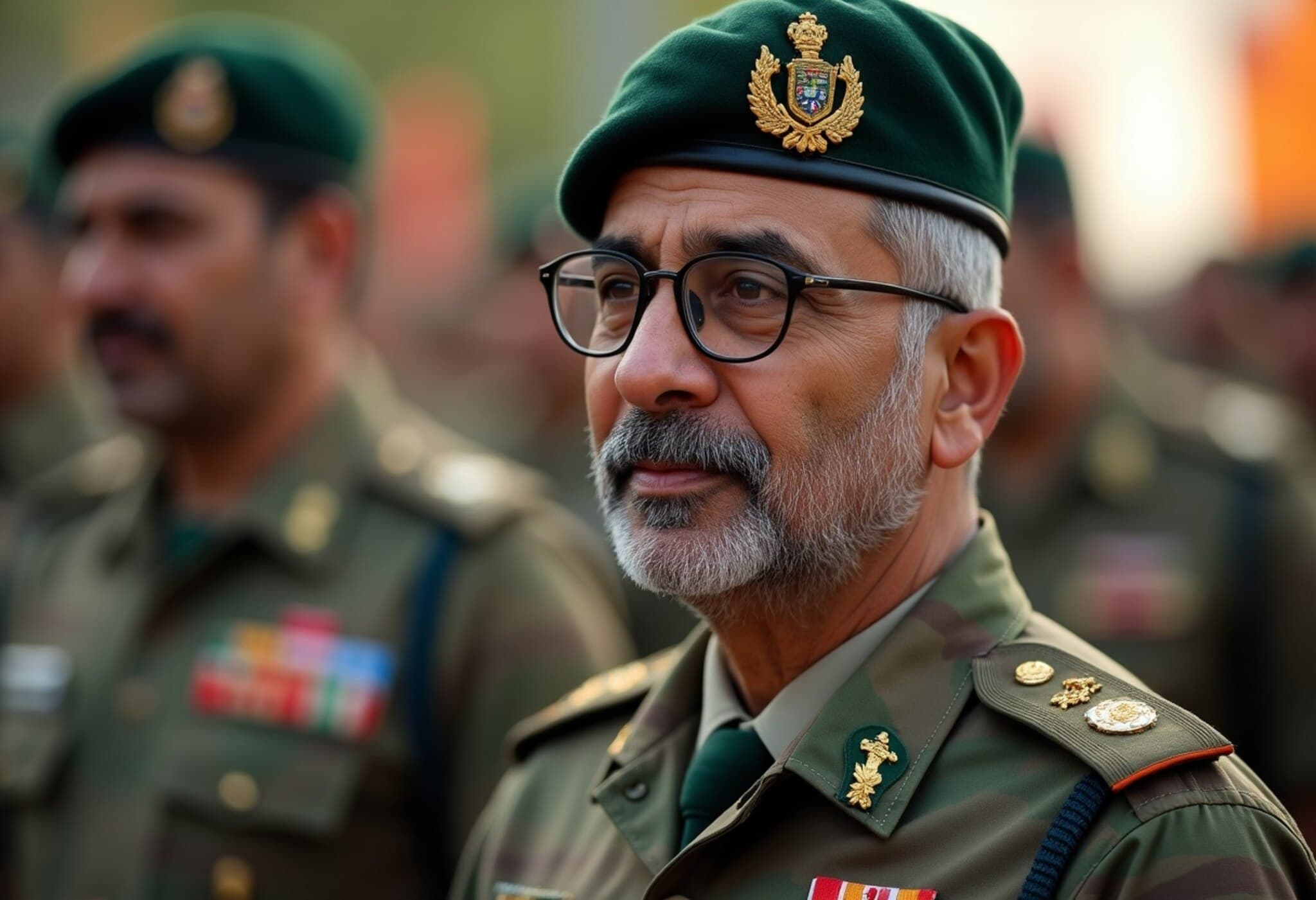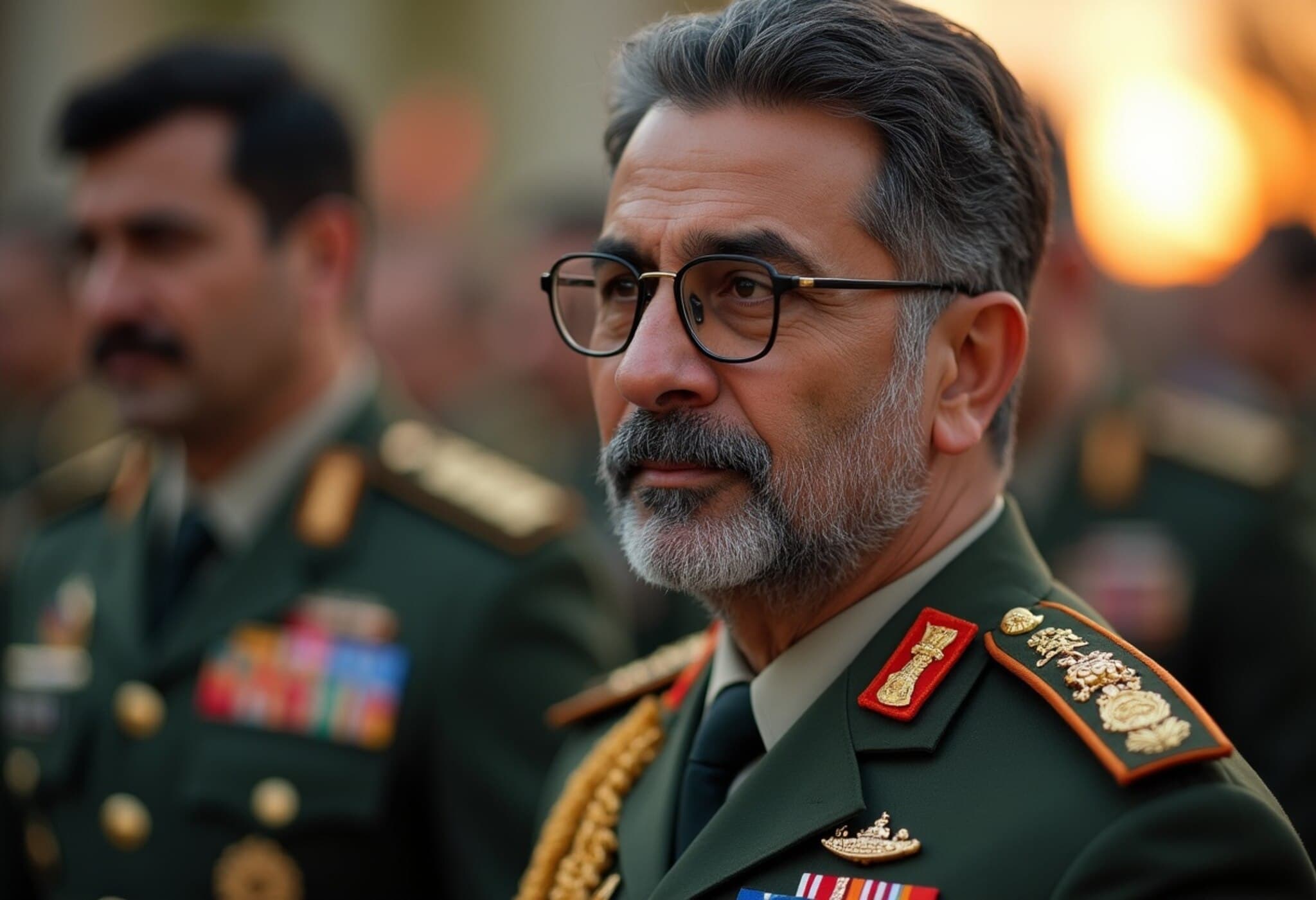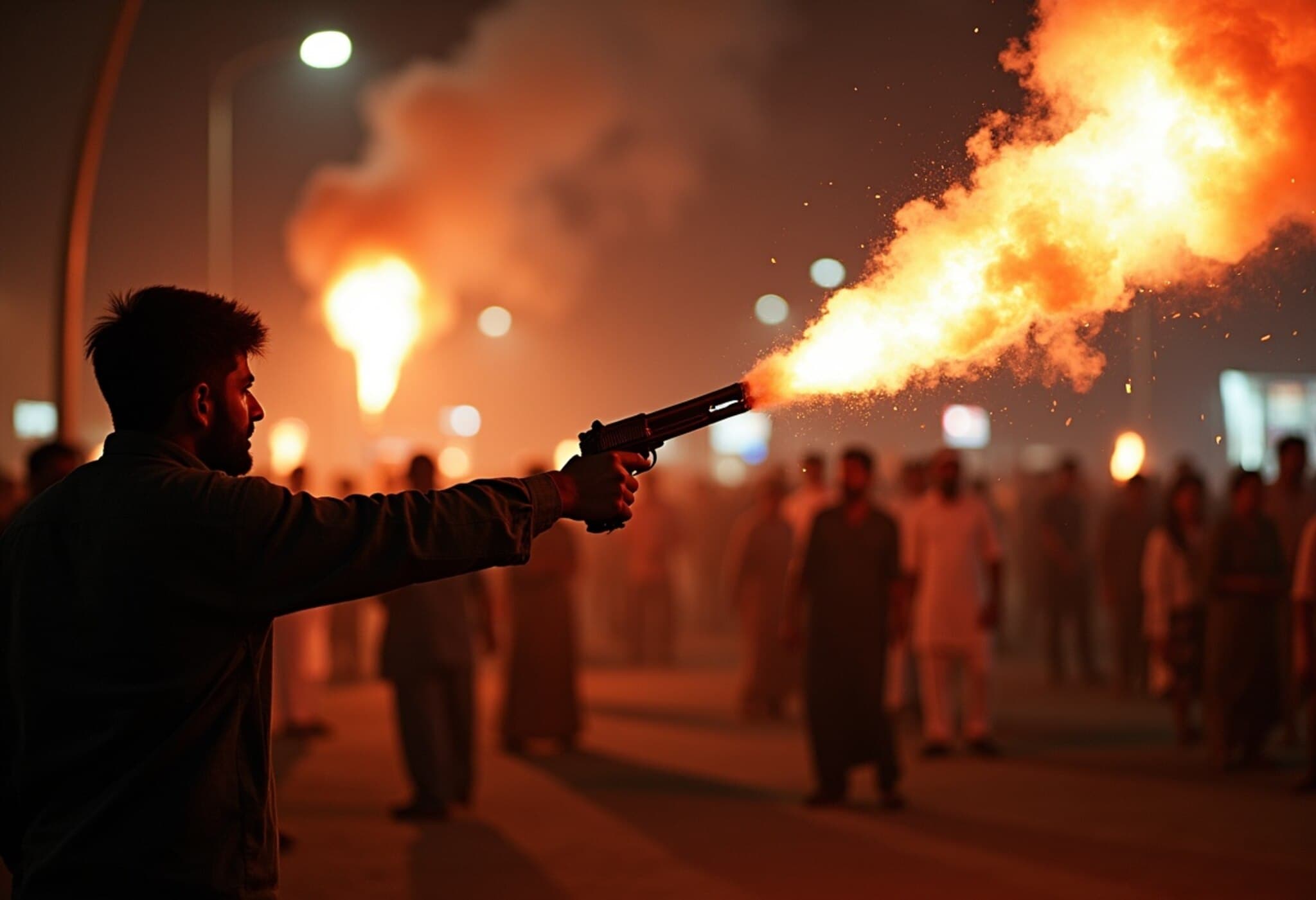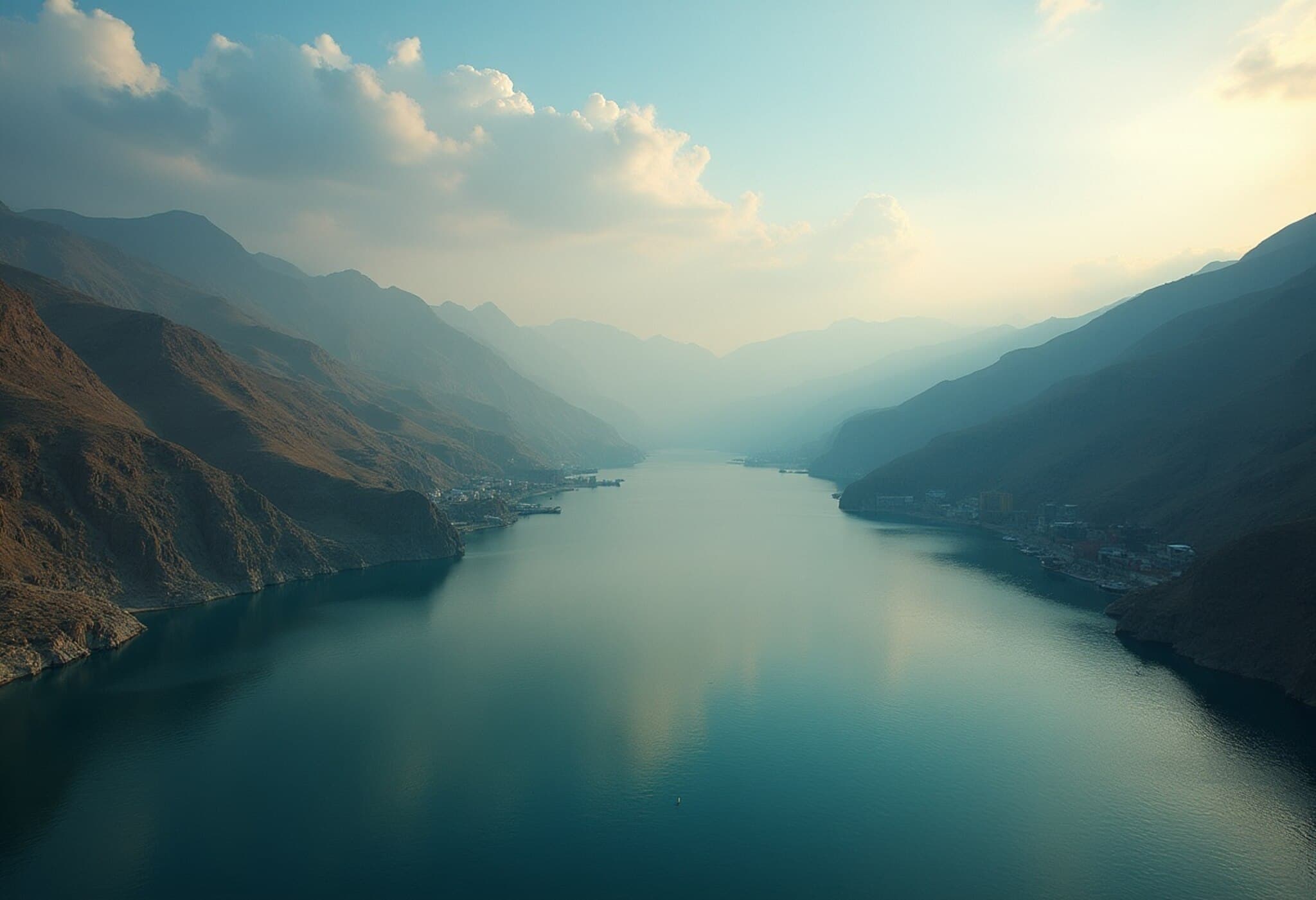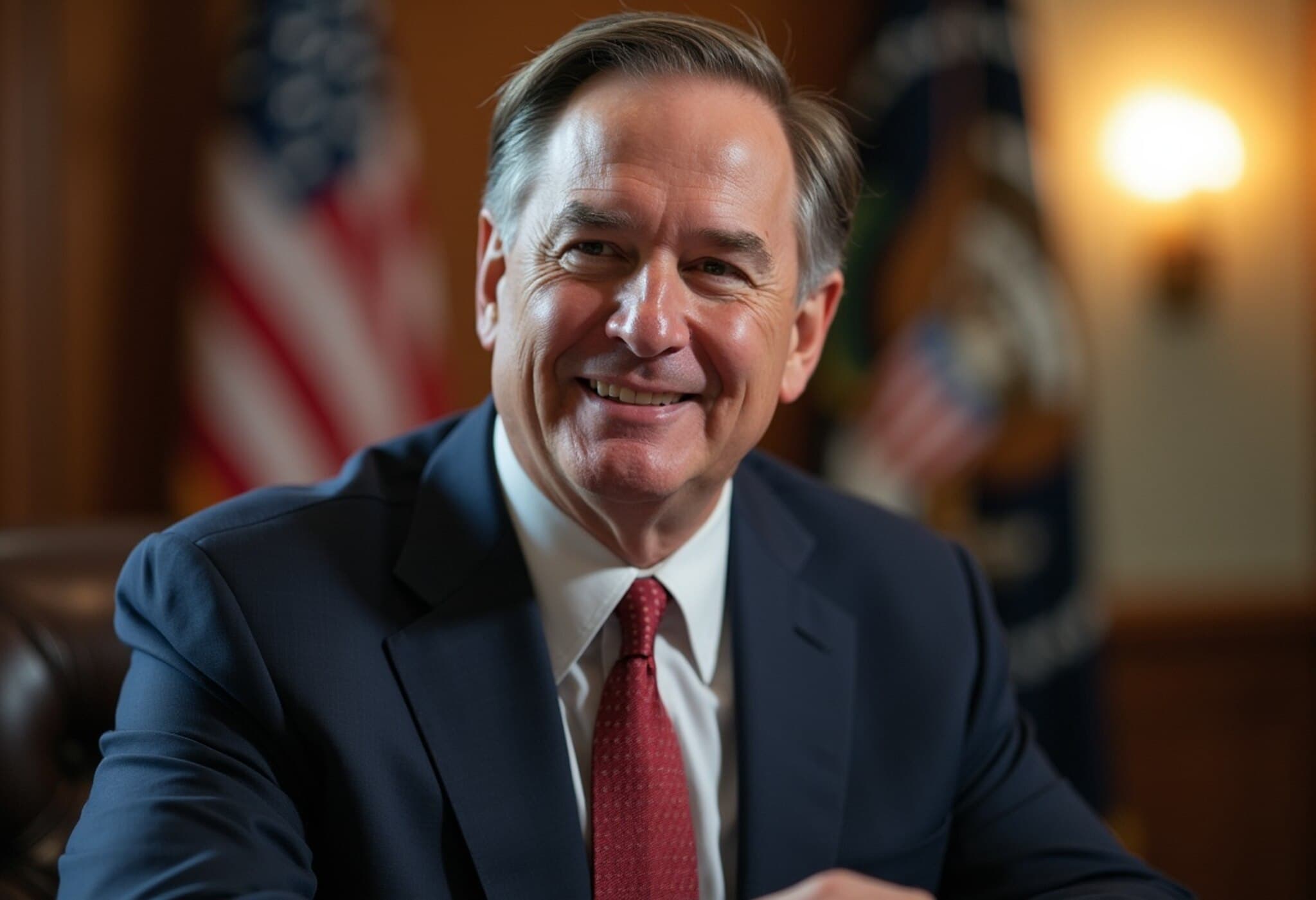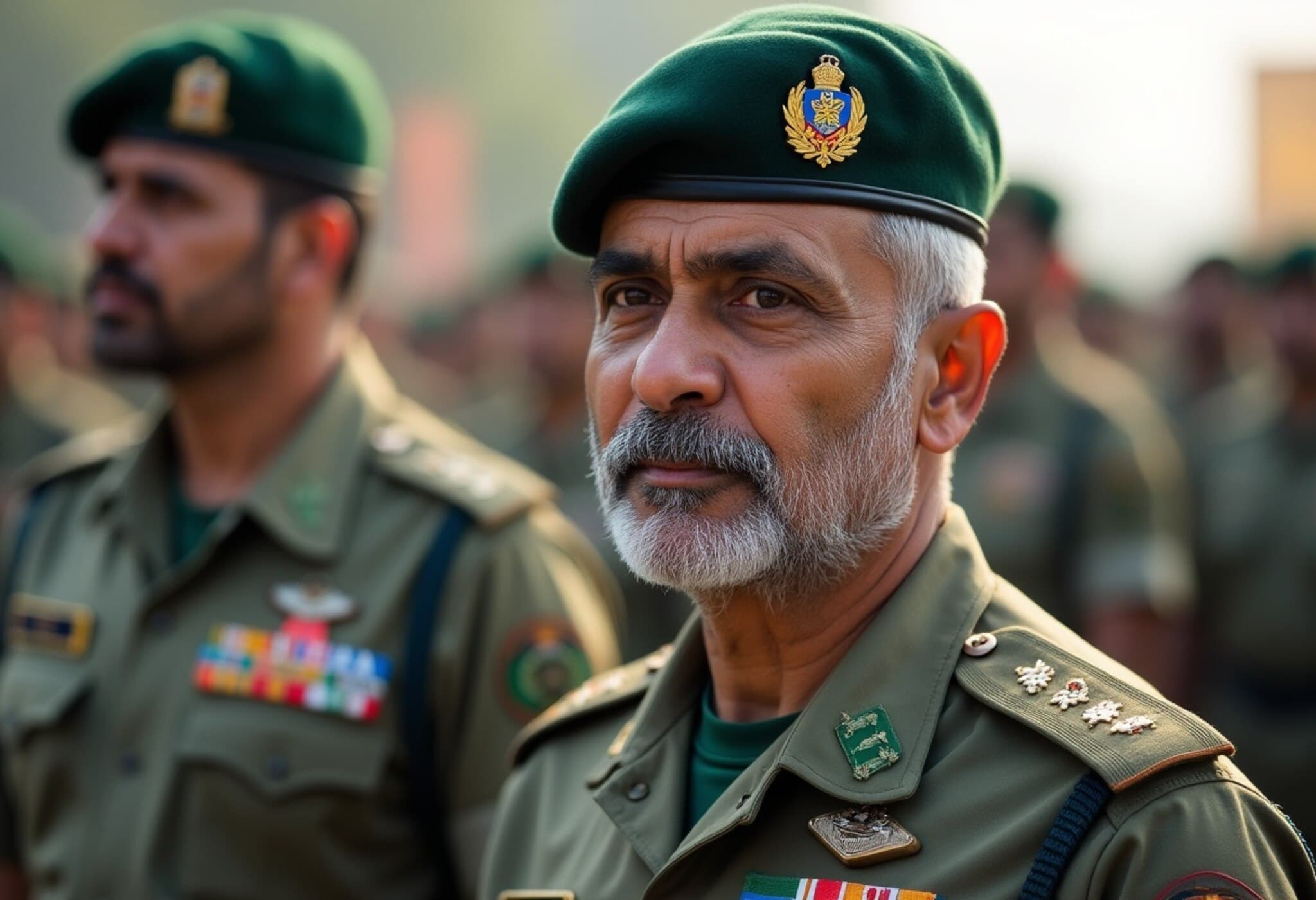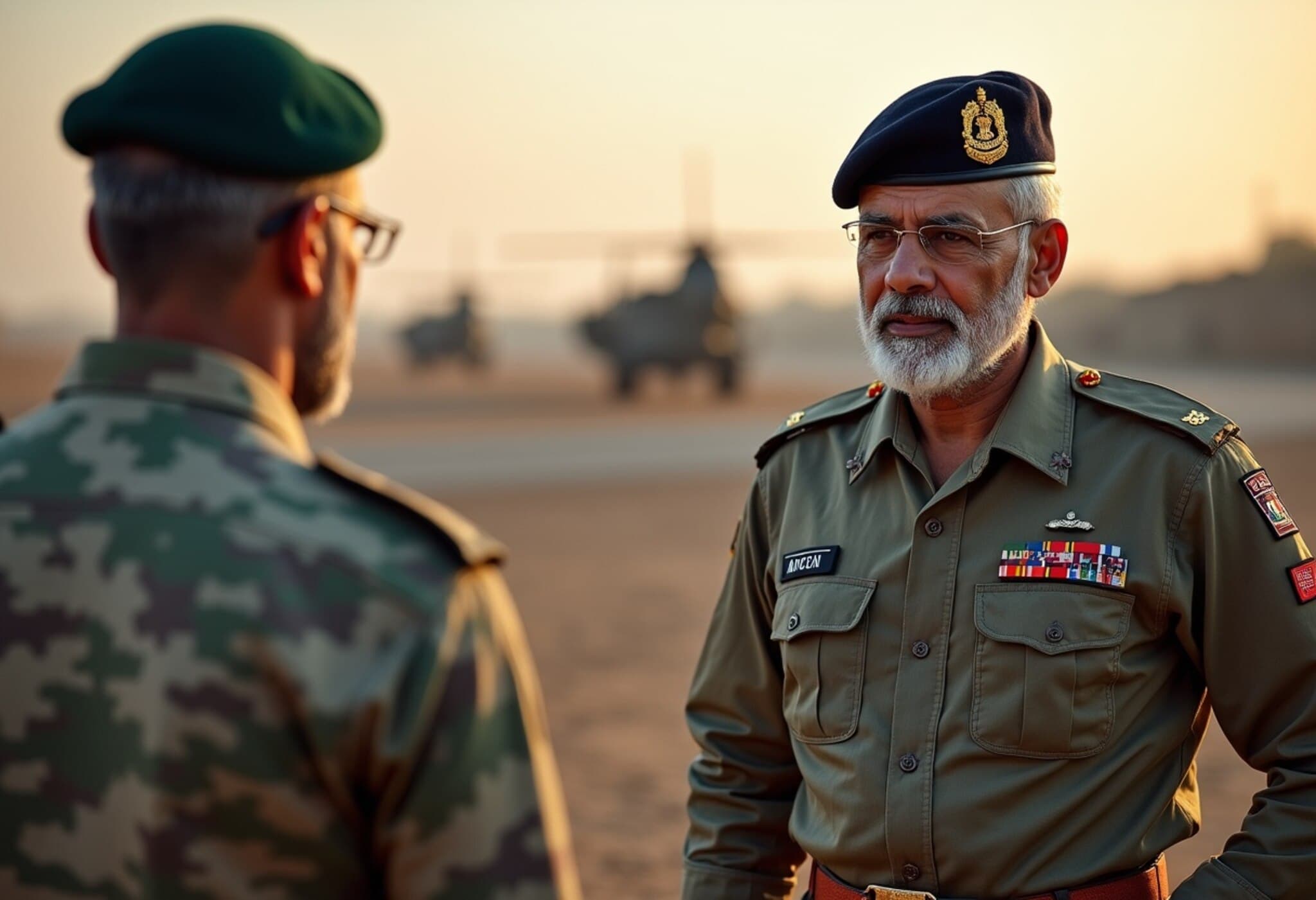India Condemns Pakistan's 'Reckless' Anti-India Statements
On August 14, 2025, the Indian Ministry of External Affairs (MEA) delivered a sharp rebuke to Pakistan, condemning a recent surge in inflammatory rhetoric from Pakistani leadership directed at New Delhi. Describing these statements as “reckless, war-mongering, and hateful,” India warned Islamabad that any provocative actions would trigger painful consequences.
Official Response from New Delhi
MEA spokesperson Randhir Jaiswal emphasized that this hostile rhetoric is a recurring tactic employed by Pakistan’s political and military establishments. According to Jaiswal, such inflammatory language is often used to deflect attention away from Pakistan’s domestic challenges, including political instability and economic difficulties.
“It is a well-known modus operandi of Pakistani leadership to whip up anti-India sentiment repeatedly to mask their own failures,” stated Jaiswal. The ministry further cautioned that India remains unfazed and will not fall prey to these provocations, strongly advising Pakistan to moderate its tone.
“Pakistan would be well-advised to temper its rhetoric as any misadventure will have painful consequences,” the MEA warned.
Context: Indus Waters Treaty Arbitration Dispute
Asked about the recent arbitration award under the Indus Waters Treaty, the MEA reiterated India’s longstanding position of not recognizing the so-called Court of Arbitration’s legitimacy or jurisdiction. Jaiswal stressed that the arbitration's pronouncements have no legal standing in India and do not affect its sovereign water rights.
He further recalled India's announcement on June 27, 2025, declaring that the treaty stands in abeyance, a move taken in response to Pakistan’s persistent cross-border terrorism, including the heinous Pahalgam attack.
Regional and Global Implications
This exchange comes against a backdrop of sustained tensions in South Asia, where India and Pakistan continue to grapple with deep-rooted conflicts and historic distrust. The recent sharp rhetoric coincides with increased international attention on the region’s security, water resource disputes, and counterterrorism efforts.
The reiterated refusal by India to accept the arbitration ruling under the Indus Waters Treaty highlights ongoing challenges in transboundary water governance, a critical issue for both countries. Experts caution that such diplomatic friction could further undermine cooperative frameworks essential for regional stability.
Expert Perspective
Dr. Anjali Reddy, a South Asia policy analyst at the Brookings Institution, notes, “India’s firm stance signals a strategic pivot towards coupling diplomatic warnings with concrete policy actions, particularly relating to water resource management and counterterrorism. The messaging is layered — aimed not only at Pakistan but also at the international community to underscore India’s resolve.”
Underreported Considerations
- Domestic Pressures: Pakistan’s leadership may be using external threats as an outlet for internal dissatisfaction and economic woes.
- Water Security: Disputes over the Indus river waters are not just legal battles but impact millions reliant on these resources.
- International Mediation: The absence of a mutually recognized arbitration mechanism reflects the difficulty of third-party mediation in longstanding grievances.
Looking Ahead
As tensions simmer, the international community watches closely for signs of escalation or dialogue. India’s warning serves as a stark reminder of the fragile peace and the high stakes involved in South Asia’s regional security matrix.
Editor's Note
This development underscores how complex and intertwined diplomatic rhetoric and on-the-ground realities are in the India-Pakistan relationship. While fiery statements often grab headlines, the deeper narrative involves critical issues of state sovereignty, water security, and counterterrorism. Readers should consider how such rhetoric affects not only bilateral ties but also regional stability and global diplomatic efforts. Could a renewed focus on dialogue and multilateral engagement help de-escalate tensions, or are these exchanges indicative of a deeper and more prolonged standoff? The answers remain to be seen.

